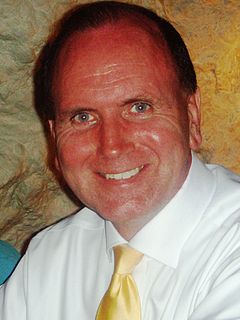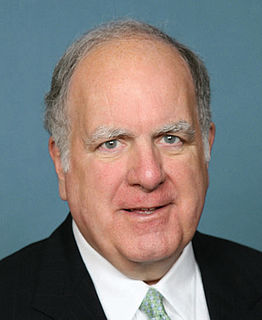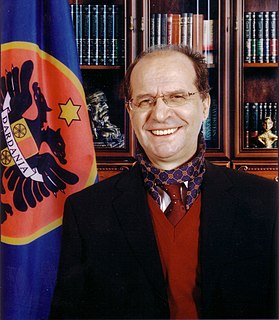A Quote by Anne Lamott
What if we gave fifty percent of our discretionary budget to the world’s poor and then counted on the moral power of that action to protect us?
Related Quotes
I don't want to revisit history or try to re-interpret it, you know, but starting from where we are now, given the experience that we've had in the last, you know, since 2001, which has been an utter disaster, I don't think it's benefited us. Half of our discretionary budget, right, it's like 54% of our discretionary budget right now is being spent on the military. This is not working.
I don't think I could advocate for increasing NASA's budget by a factor of two or ten, because I want us to have good roads in our country. I want us to have good education in our country. And NASA's budget is part of a discretionary budget, and we can't make that bigger without taking away other things.
So it can be for us as we allow the stirrings of hope to motivate us to action; and then as we act so that our hope becomes faith, that faith gives us power and enthusiasm for the principles of the gospel, which leads us to further action. Soon, we are lifted out of the state of hopelessness, and we begin to aid those around us by working to make the world a better place, rather than languishing in misery watching the world go by without us.
Our lives are now in a telephone, all our data, all our finances, all our personal information, and so it's proper that we have some constraints on that. But it's not going to be 100 percent. If it is 100 percent, then we're not going to be able to protect ourselves and our societies from some people who are trying to hurt us.
Our inspired Constitution is wisely designed to protect from excesses of political power, but it can do little to protect us from the excesses of appetite or from individual indifference to great principles or institutions. Any significant unraveling of the moral fiber of the American people, therefore, finally imperils the Constitution.
It is my belief that in our mad world where there is so much pain, rivalry, hatred, violence, inequality, and oppression, it is people who are weak, rejected, marginalized, counted as useless, who can become a source of life and of salvation for us as individuals as well as for our world. And it is my hope that each one of you may experience the incredible gift of the friendship of people who are poor and weak, that you too, may receive life from them. For they call us to love, to communion, to compassion and to community.







































